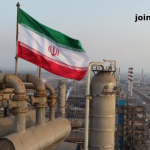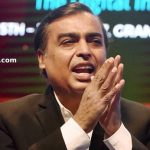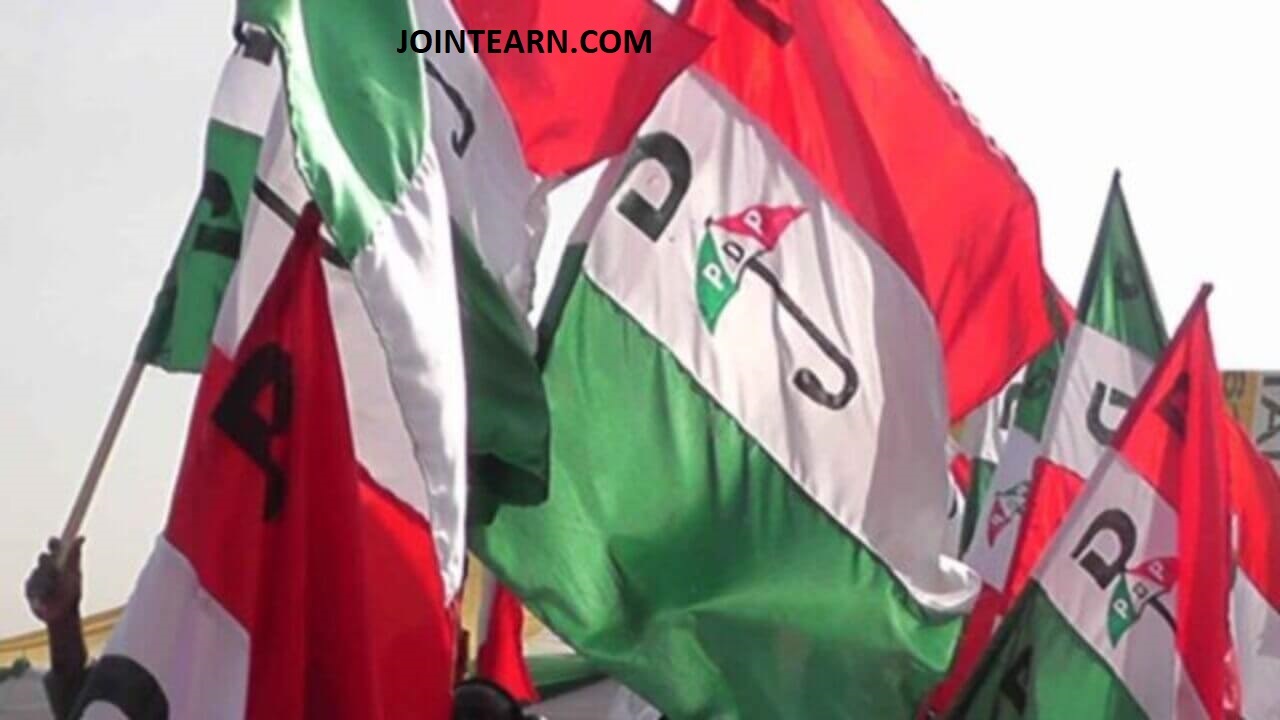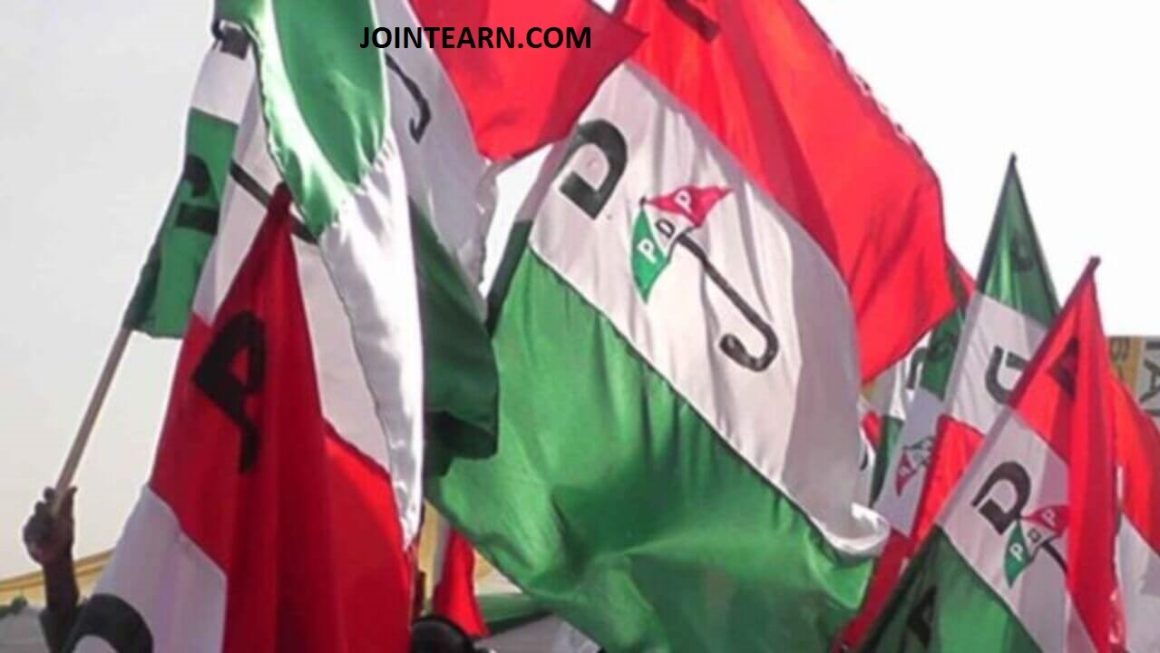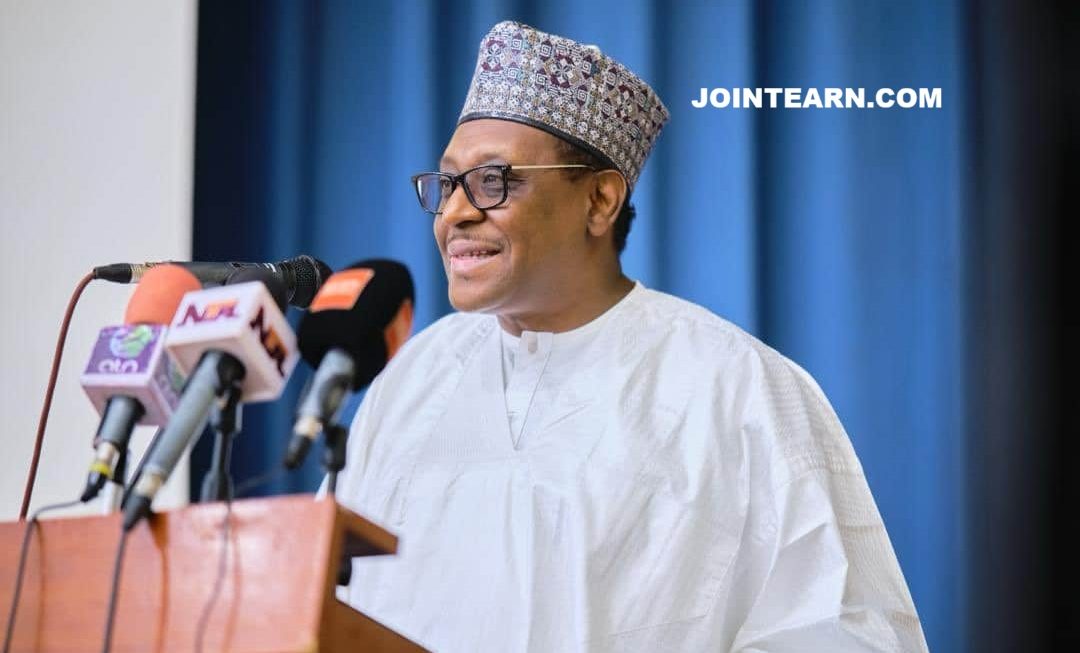A prominent member of the Peoples Democratic Party (PDP), Abdul-Aziz Fabiyi, has stirred political waters with a bold declaration of lost confidence in the party’s leadership. In a statement that has since attracted widespread attention within political circles, Fabiyi voiced strong dissatisfaction over the internal management of the PDP, accusing the leadership of derailing from its founding principles and failing to provide the kind of direction that inspires trust and unity among members.
Fabiyi, a former youth mobilizer and strategic party organizer, made his remarks during a press briefing in Abuja on Monday. He criticized the leadership for what he described as “consistent mismanagement, lack of accountability, and disregard for democratic values,” adding that the PDP has drifted far from the ideals that once made it the ruling party of choice in Nigeria.
“The time has come for us to speak truth to power, even if it means challenging the very institution we once believed in,” Fabiyi stated. “I have lost confidence in the leadership of the Peoples Democratic Party because it has consistently demonstrated that it is more concerned with self-preservation and power retention than with the aspirations of the Nigerian people.”
According to Fabiyi, the PDP’s internal crisis, unresolved factional disputes, and perceived manipulation by a few individuals at the helm have made the party unrecognizable to many of its loyalists. He lamented the leadership’s failure to reconcile aggrieved members and create an inclusive structure that reflects the diversity of the Nigerian populace.
Leadership Crisis and Lack of Direction
Fabiyi’s disillusionment reflects a broader sentiment of frustration that has been simmering among many PDP stakeholders, especially since the conclusion of the 2023 general elections. The party, which once held sway over the national political landscape for sixteen consecutive years, has struggled to find solid footing in the post-election period. Internal wrangling, legal tussles over national chairmanship positions, and perceived imposition of candidates have left the party weakened and fragmented.
“The leadership crisis in the PDP is not a recent phenomenon,” Fabiyi said. “It is a long-standing issue that has been allowed to fester. Many young people who were once hopeful about the PDP have now lost faith because they see no future in a party that does not reward loyalty, promote merit, or encourage internal democracy.”
He further warned that unless the PDP embarks on serious introspection and urgent reform, it risks becoming irrelevant in the fast-changing dynamics of Nigerian politics. He pointed to a growing disconnect between the party’s top brass and its grassroots members, accusing the leadership of neglecting the concerns of ordinary party faithful while courting only influential elites.
Call for Reform and Accountability
Fabiyi called on other well-meaning stakeholders in the PDP to speak up and demand a reorientation of the party’s structure and strategy. He urged the National Executive Committee (NEC) and the Board of Trustees (BoT) to lead the charge in initiating genuine reconciliation, transparency, and inclusivity across all levels.
“The PDP must return to the drawing board,” he insisted. “We need a leadership that listens, not one that bullies or imposes decisions. The silence of our elders and the silence of our youth leaders is part of the problem. We must stop pretending that all is well.”
He emphasized that while the All Progressives Congress (APC) continues to battle its own credibility issues, the PDP’s inability to offer a credible alternative has allowed disillusionment to spread among voters. Fabiyi cited several missed opportunities by the PDP to capitalize on public dissatisfaction with the ruling party, suggesting that poor internal coordination and lack of political will were responsible for the failures.
Speculations and Future Political Alignment
While Fabiyi did not explicitly state his next political move, his strong remarks have sparked speculation about a potential defection or alignment with other emerging political movements. When asked if he planned to resign from the PDP or declare for another party, he replied, “I am consulting widely. My decision will be guided by the voices of the people I represent, not personal ambition.”
Political analysts believe that such a declaration from a figure like Fabiyi could signal the beginning of a wider exodus of disgruntled members, particularly among the youth and reformist blocs within the party. Already, similar concerns have been echoed by other mid-level and grassroots leaders who feel sidelined by the party’s national command.
Fabiyi’s recent outburst follows a series of internal protests within the PDP, including open letters, petitions, and media engagements by party members across several states who feel disillusioned by what they describe as an increasingly autocratic and disconnected national leadership.
Conclusion
Fabiyi’s public denouncement of the PDP leadership serves as a significant moment in the ongoing political evolution of the opposition party. It underscores the growing demand for reform, inclusion, and accountability—not just within the PDP, but across Nigeria’s broader political landscape. His words are a clarion call for introspection among party leaders who may have grown complacent and out of touch with the realities on the ground.
Whether his concerns will prompt meaningful change within the party remains to be seen. What is clear, however, is that the PDP can no longer afford to ignore the voices of members who are calling for a return to its founding principles. If Fabiyi’s sentiments echo the feelings of a larger bloc within the party, the PDP must act swiftly to mend its fractured image or risk further erosion of its political relevance in the years ahead.


